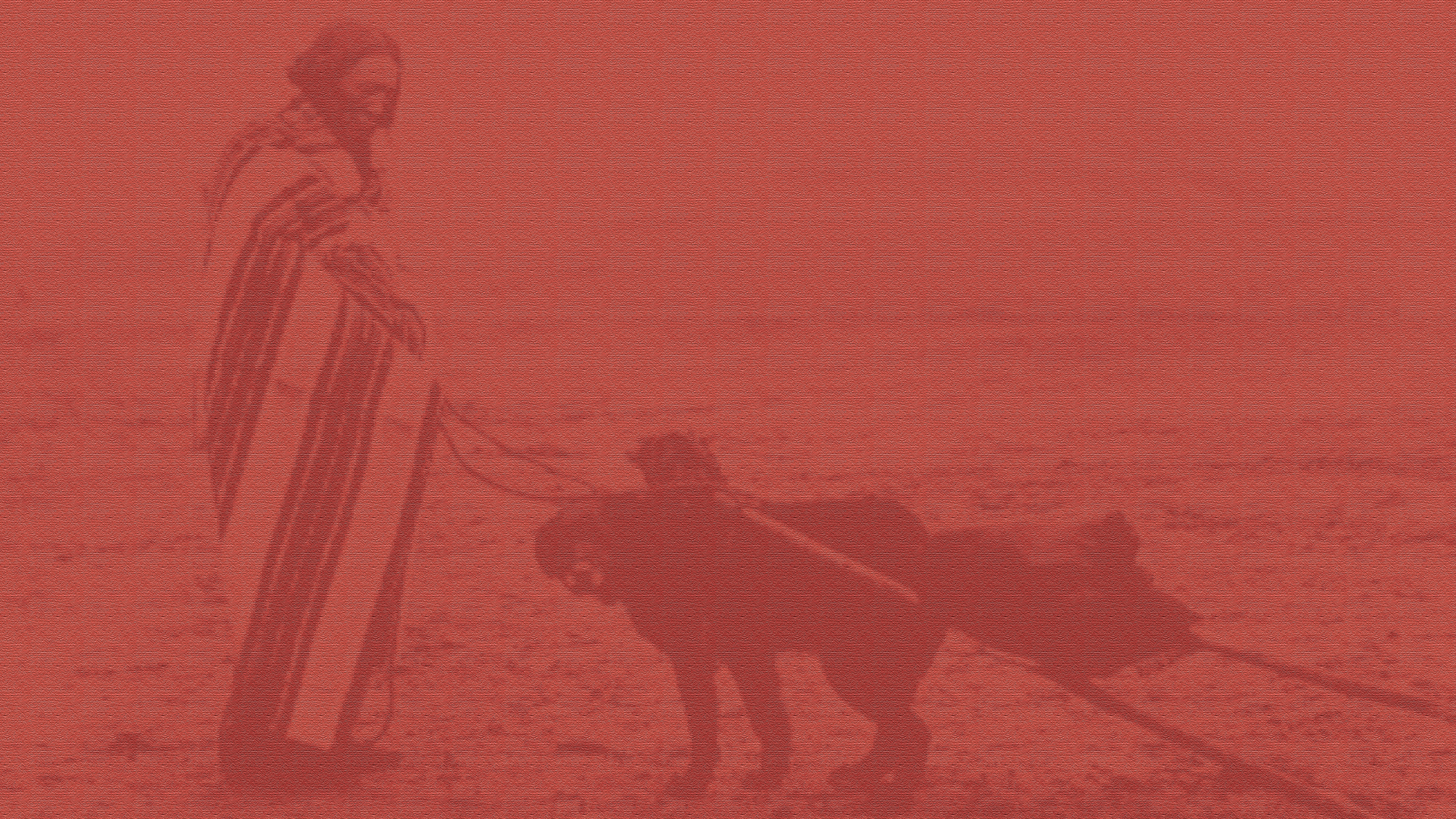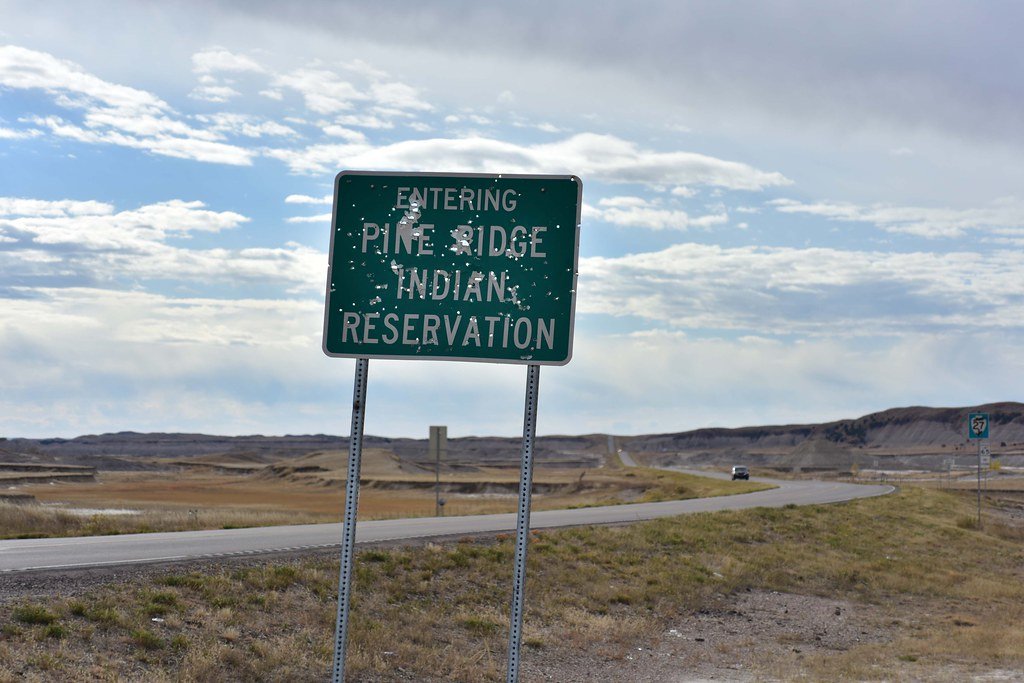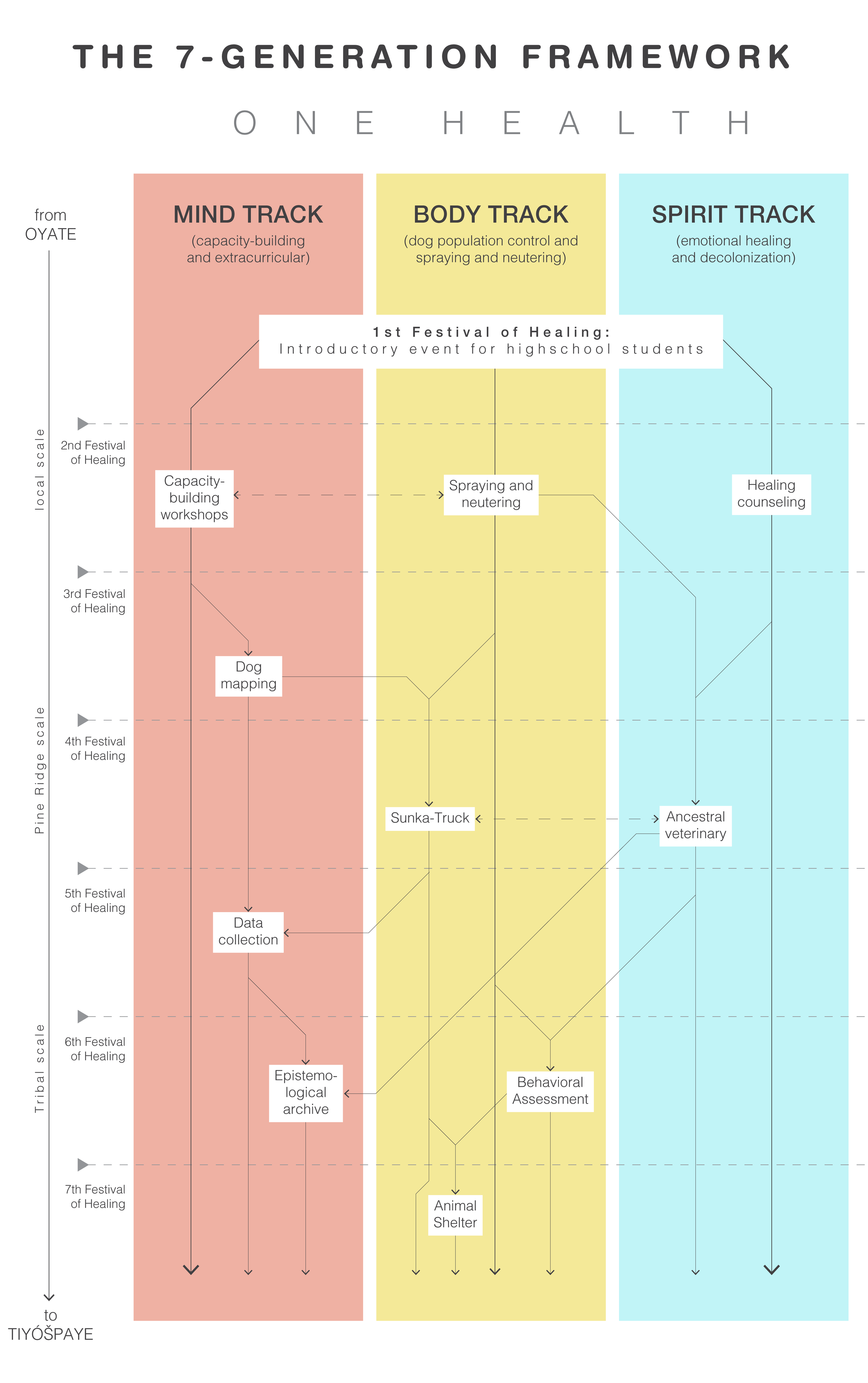
Shunka Kola Project
Client: Camille Griffith (Oglala Lakota Tribe, South Dakota)
Timeframe: 02/2022 - 05/2022
Keywords: indigenous planning, participatory planning, conservation biology
The Shunka Kola Project is a community-led initiative addressing the free-roaming dog population on the Pine Ridge Reservation through a culturally grounded, multi-generational framework. This report focused on designing a strategic plan that integrates Lakota traditions, public health, and conservation, ensuring long-term solutions driven by the community.
While involved in the Shunka Kola Project, I developed a comprehensive management framework to address the complex relationship between the Lakota people and their free-roaming dog population. Recognizing the deep cultural significance of dogs in Lakota traditions, the project moved beyond conventional animal control approaches, integrating Indigenous knowledge with modern conservation strategies. My role involved designing a Seven-Generation Framework (SGF), which structures sustainable, community-led solutions through mind, body, and spirit tracks, fostering long-term animal welfare and community healing.
A key aspect of the project was the creation of the Festival of Healing, a recurring event where Tribal members evaluate progress, share traditional knowledge, and plan future initiatives. By bridging participatory planning with Indigenous governance structures, the project ensures that dog management remains in the hands of the community. The work underscores how urban planning and conservation efforts must adapt to cultural contexts, respecting autonomy while addressing public health and ecological challenges.
The Shunka Kola 7-Generation Framework
Project Flyers

"True sustainability is built on cultural wisdom—by restoring balance between people, animals, and the land, the Shunka Kola Project ensures that community-driven solutions last for generations."


